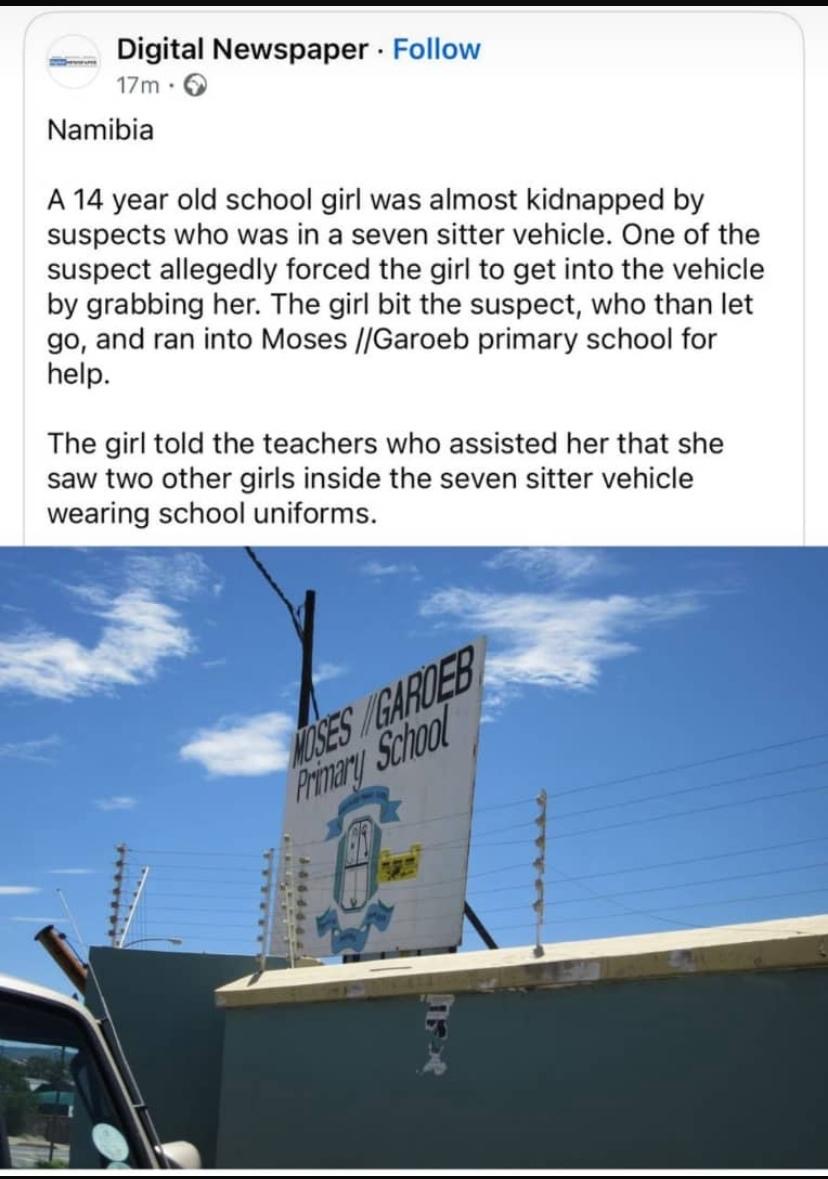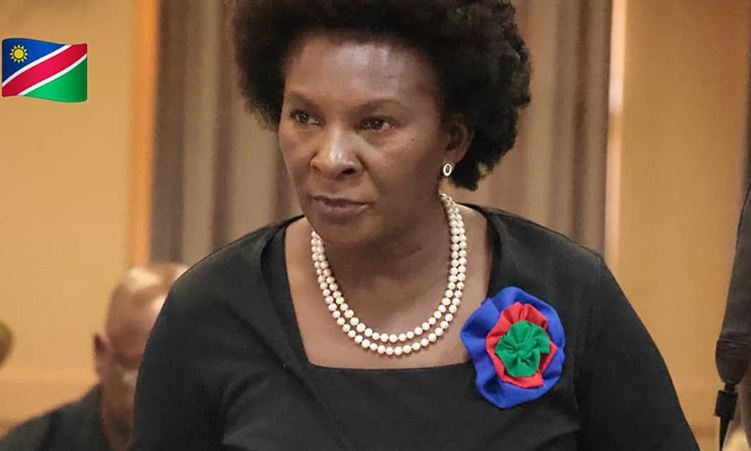SOUTHERN African countries are behind the targets which will allow them to implement a customs union in next year and a single currency in 2016, monetary and trade experts have said.
Analysts said that the Free Trade Area (FTA) formally launched early this year is struggling in its infancy with member countries failing to implement agreed targets.The Southern Africa Development Community’s (SADC’s) Regional Indicative Strategy Plan said SADC would follow up the FTA with a customs union in 2010, a common market in 2015 and a monetary union in 2016, which will automatically herald the adoption of a single currency.Non-convergence in economic growth and reforms means that the region will not meet its economic integration targets.Outgoing South Africa Reserve Bank (SARB) Governor Tito Mboweni recently said countries in the region haven’t met ‘convergence criteria’ on curbing inflation, adding the region was behind schedule.’We are very much behind schedule. Inflation increased at an alarming rate in 2008 due in part to the pressure from food and oil,’ Mboweni said.He said high inflation was an indirect tax on the poor, adding that in countries with high income inequality such as Angola, ‘the poor suffer the most unlike the rich, who can always hedge against inflation.’To join the common monetary union, countries are expected to have stable inflation of between three and five per cent and a prudent fiscal policy with budget deficits of less than three percent of gross domestic product (GDP).Mboweni said that economic integration should be backed by prudent fiscal policies, financial balances among member countries and policies which minimises market distortions.He noted that despite declaring a FTA, the region still lags in implementation and called for political will to spur economic integration in the bloc.’In crafting of the macro-economic policies of the region, we have to ensure that market certainty is maintained,’ Mboweni said. Trade analysts said the FTA had virtually failed to take off, dashing hopes for a customs union in 2010.Paul Kruger, a researcher at Trade Law Centre for Southern Africa (Tralac), said regional countries were still struggling to implement the FTA, a year after it was formally launched.Kruger said ambitions to form a customs union would not come to fruition in the immediate future, citing the asymmetry in economic development in the region.He advised regional members to go back to the drawing board and ‘re-look the targets again and take a more realistic approach’.The researcher said SADC was failing to implement most of its objectives such as the free movement of goods and services as well as free movement of people across the borders.’For those targets to be met, a lot of water has to flow into the dam, right now it’s not flowing,’ Kruger told Pana.The failure by the FTA to take off smoothly is in spite of the fact that SADC trade protocols place a number of obligations on member states to harmonise policies towards the creation of a common market and an economic union.Kruger said SADC was still to agree on a revenue sharing formula for a customs union next year. In addition, there have also been calls for wider integration encompassing the Common Market for East and Southern Africa (Comesa).To set up a customs union, member states would have to adopt a common external tariff. Analysts warn that diverse interests could result in clashes over trade policy objectives.’They (SADC) won’t reach the second target (customs union) on time. Progress has been slow on the implementation of the FTA and a single currency is a way off. It’s not going to happen soon,’ Kruger said.Kruger added that the region should focus more on trade facilitation, which involves easing the cost of trade among member states and eliminating non-tariff barriers.South Africa’s Department of Trade and Industry Deputy Director Xavier Carim said early August that alternative models of integration should be considered. – Pana
Stay informed with The Namibian – your source for credible journalism. Get in-depth reporting and opinions for
only N$85 a month. Invest in journalism, invest in democracy –
Subscribe Now!










